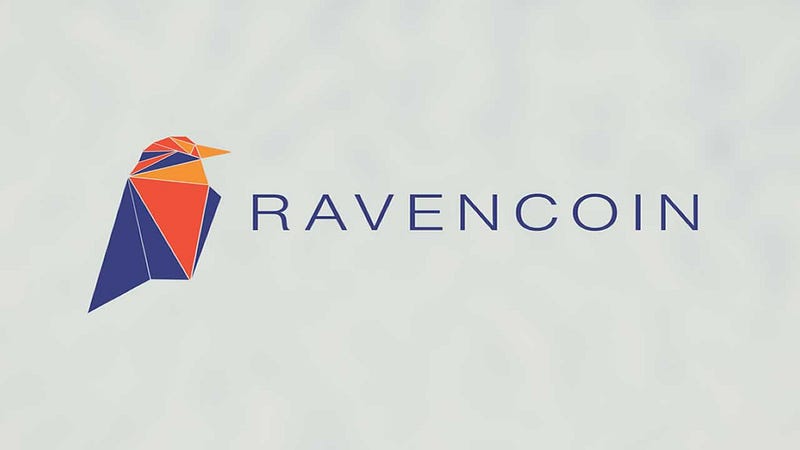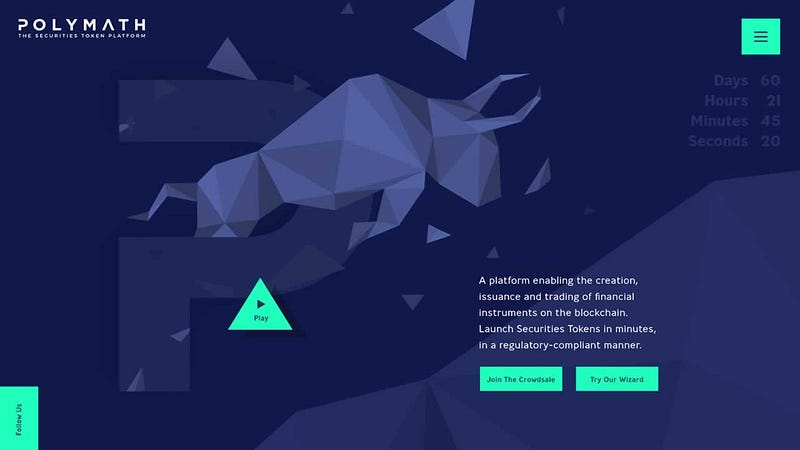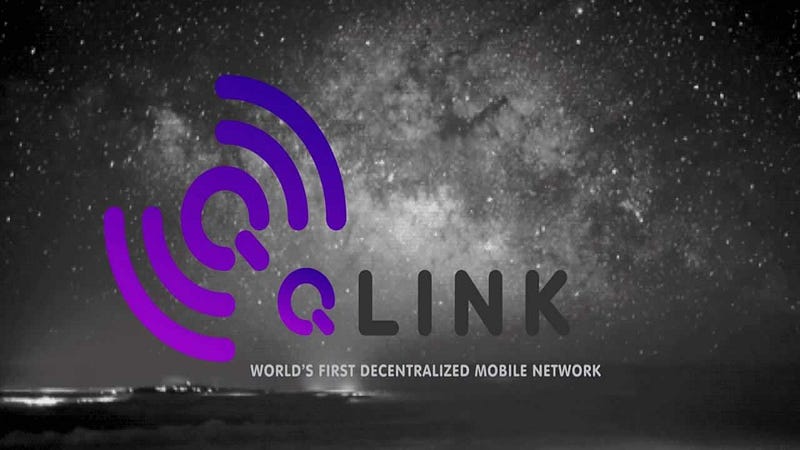
There are more ways to earn money with cryptocurrencies than just buying coins and hoping they go up in value. There’s also mining coins, which people can participate in for relatively low investment by joining a mining pool.
Some coins that are based on Proof-of-Stake allow you to participate in validating transactions by committing a certain amount of coins, and will pay out rewards. This kind of system is often referred to as “staking” and can often be as simple as placing tokens in a compatible wallet.
And then there are masternodes. A masternode is essentially a form of staking, but involves a little more commitment and set up. Instead of just having a wallet, you need to have a computer that you can dedicate as a kind of server for the purpose, which needs to be connected to the internet all day, every day.
Once you have a server set up, and you’ve installed the masternode application, then just like staking, you need to commit an amount of coins above a minimum specified by the token’s protocols.
The main benefit of a masternode over simple staking is that a masternode is always involved in helping validate transactions on the blockchain, and is constantly paying out for that contribution. This means that income is a more consistent stream, which has obvious appeal.
However, masternodes all require significantly more money staked, and more hardware and setup than simple staking, so it is an activity suited to those who are a little more technically-savvy and committed to the task. Services exist to do the hard work for you, but of course, they will take a cut of the return, which may make the overall ROI less worthwhile. Just as significantly, there is very little oversight of such services, so if you want to go that way, take extra care to research the services you are considering.
If you have some spare computing power, you might want to put it to work with these 5 masternode coins and earn passive income!
Dash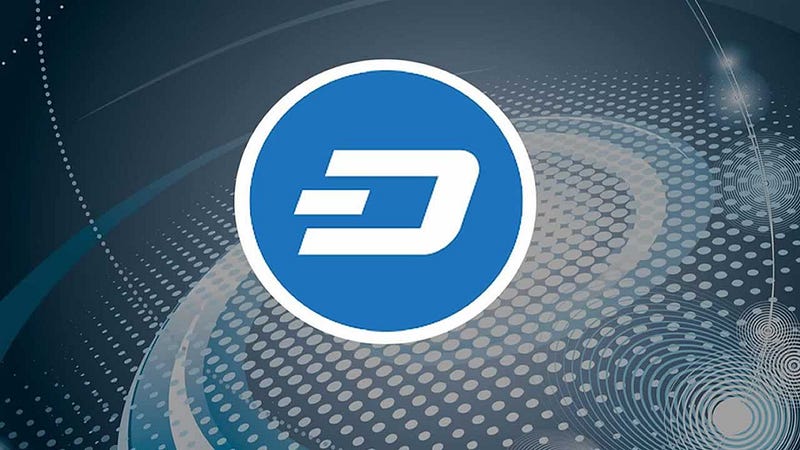
Dash was the first cryptocurrency to implement a masternode system, one of the features that Evan Duffield, who invented Dash, created in response to failings he perceived with Bitcoin’s lack of a good governance system.
With Dash’s current pricing, a masternode is a very serious investment, as the required 1,000 Dash stake is currently worth about US$250,000. At one point at the end of 2017, Dash reached over US$1,000, meaning it would have cost over a million dollars to set up a masternode.
Masternodes split 45% of the block reward, which works out to be just a little less than 7 Dash per month, which is a very respectable amount. Every 380 days, the block reward is reduced by a bit over 7%, which is not nothing, but in the long term, assuming Dash goes up in value, shouldn’t impact long-term prospects too adversely.
Over and above the serious financial commitment, setting up a Dash masternode involves a reasonable amount of technical knowhow, as it involves having a virtual private server and editing configuration files.
Online guides exist to help walk you through the process — but be prepared, they are not simple. Also, warnings abound that you will have to commit a fair amount of maintenance to keep your masternode up to date and operating properly.
PIVX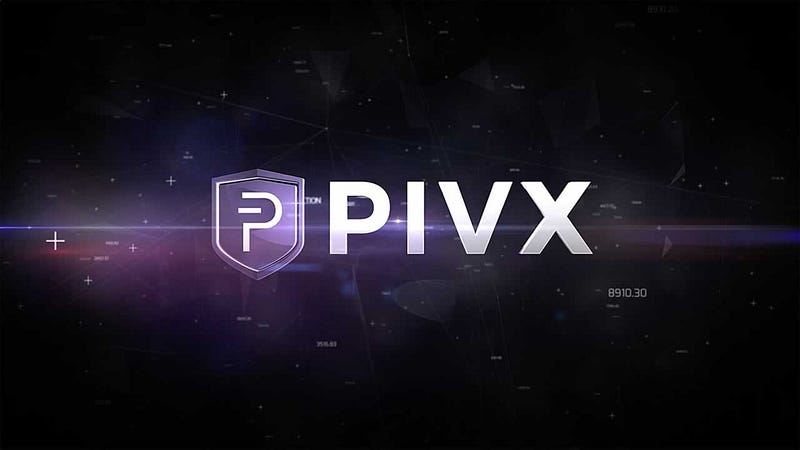
PIVX is a project that aims to be a global currency; claiming faster transactions, more privacy, and better security than previous tokens. The token is PIV, and while there is a total supply of 55 million, over 20 million of those coins are staked in wallets and masternodes, making the effective circulating supply something under 30 million.
A PIVX masternode requires that you stake 10,000 PIV, which at current prices means an investment of a little under US$20,000.
A
PIVX masternode gives a ROI of about 5.74% annually, so at current prices that’s approximately US$1,000. On its own, this might not be a hugely compelling return, but if you believe in the future of the PIXV project, your returns would be higher as the coins you are receiving should themselves go up in value.
In order to run
your own DIY PIXV masternode, your server needs to be running either Linux or Raspberry Pi, and it needs to have a unique IP address on the internet. This means you will not likely be able to use your regular computer at home and simply leave it on, as most internet service providers assign different IP addresses to home users as needed.
If you understand how to establish a stable, unique IP address for your server, then you’re probably able to attempt setting up a PIXV masternode. Otherwise, you might want to look into
services that help set it up for you.
GEEKCASH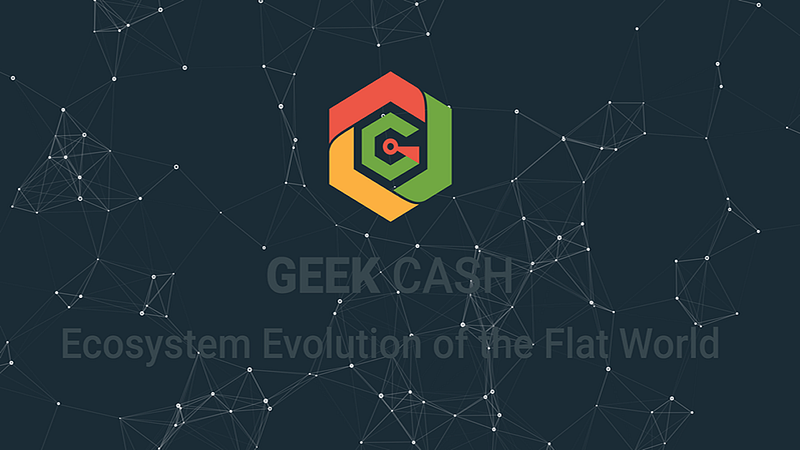 GeekCash
GeekCash is a new digital currency, based on Bitcoin and Dash, that enables anonymous, instant payments to anyone, anywhere in the world. GeekCash uses peer-to-peer technology to operate with no central authority: managing transactions and issuing money are carried out collectively by the network. Exactly, GeekCash is a community governance, cooperation and growth to decentralized economy.
In the future, the GeekCash is used to transfer money and pay in an ecosystem consisting of 6 projects. Some projects have been researched for 4 years. In there, the social network project will be deployed as soon as possible, the remaining secret projects will be gradually opened …
With solid foundations prepared beforehand, GeekCash have ambitious plans for the future.
With Masternodes help keep integrity of network and enable support for PrivateSend and InstantSend. Earn up to 80% of the block reward running a node and contributing to the network.
Online guides to setup Masternode for BeginnersEarn GEEK without mining in 2018ExchangesFollow GeekCash at:https://discord.gg/4fDKzQwhttps://www.facebook.com/geekcash.orghttps://twitter.com/GeekCash https://t.me/geekcashBlocknet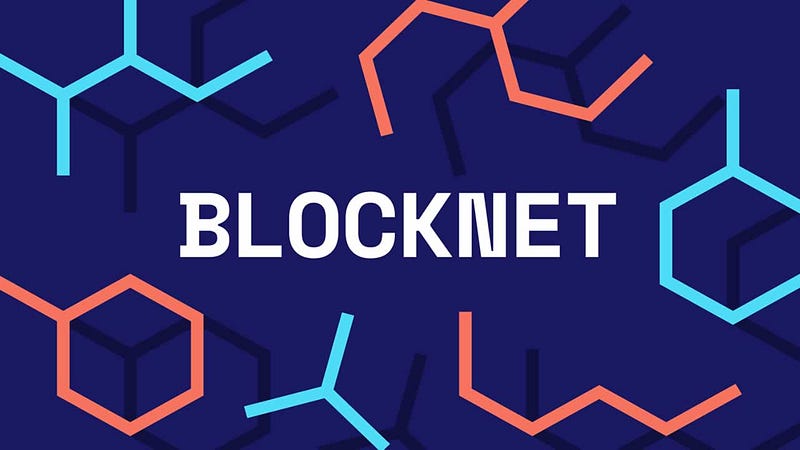
Blocknet aspires to be a decentralized exchange, with underlying blockchain technology for facilitating transactions between tokens without any financial entity that buys and sells as an intermediary.
It takes 5,000 BLOCK, the Blocknet token, to set up a masternode. At this time, that’s a US$65,000 investment.
Total annual return is estimated to be between 7% to 13%, and then that return is split with 70% going to masternodes, and the remaining 30% to simple stakers. In short, masternodes might be able to expect between 5% to 9% on their investment after a year, which, at current prices would be between US$3,250 and US$5,859.
Setting up your own Blocknet masternode, which they call “service nodes”, can be accomplished with software resources accessed from their official
Github page. Documentation is targeted at the very technically-minded, and online resources for describing the process in more layman’s terms is scant, if available at all.
In other words, you should only look into running a Blocknet masternode if you feel very capable of handling the technical challenges. There are mentions online of paid services to assist you — however, none could be verified with certainty for their reliability, so it’s recommended that you do sufficient due diligence before opting to pay someone to set up a masternode for you.
Stakenet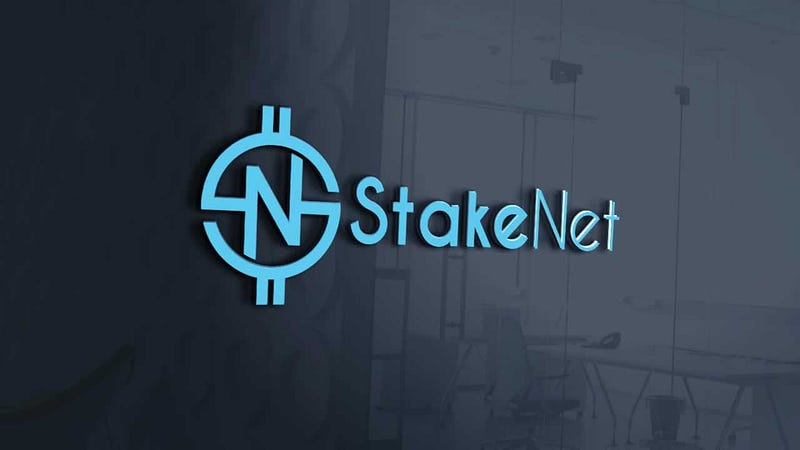
Stakenet is the new name for PoSW, which completed a token swap on May 1. The token name is now XSN, and, like Blocknet, Stakenet aspires to be a decentralized exchange.
The buy-in for a Stakenet masternode is 15,000 XSN, or US$7,800 at today’s prices. With a generous 44% return on the initial investment, the expected return is about US$3,500 for now.
Assuming you get familiar with Stakenet wallets and the system in general, setting up a masternode does not seem overly complex, with a
step-by-step guide provided on their Medium blog. Like any masternode setup, one should be comfortable with software configuration and some network administration, but, as compared to others, they seem to have made the effort to make the process straightforward.
ConclusionTake note that most masternodes were designed in part to assist in governing the blockchain it supports, so you will be expected to vote on key proposals for development and possibly other issues. This means that part of your time investment will be in paying attention to the issues that concern your chosen token.
In that sense, it is highly advisable that you don’t just pick a token to run a masternode for based entirely on ROI. Ideally, you are invested in the future of the coin and believe in its prospects, so that you take care to contribute your voice by voting as required.
That said, voting, when it happens, should be a relatively simple process, so after the initial hurdle of setting up a masternode, for the most part you should be able to relax and let your server do the work of generating income for you. If you have idle hardware and a stable internet connection, masternodes might be a great way to put them to use.
A list of coins offering masternodes with statistics on their ROI performance can be found on the
masternods.pro website. However, be aware that coins with promising returns may be fundamentally unstable for any number of reasons, and since returns are always paid in the native token, there is always the risk of losing one’s investment. As with all things in the world of crypto, do your research before committing to any kind of investment.
Source: https://medium.com/@DanielJenkinson/earning-passive-income-by-5-masternode-coin-3384944ddfa9 Thanks for Reading. Share your thoughts in the comments section below.




 Latest news:
Latest news: 





 Shop
Shop
 Bidding Open
Bidding Open










